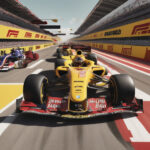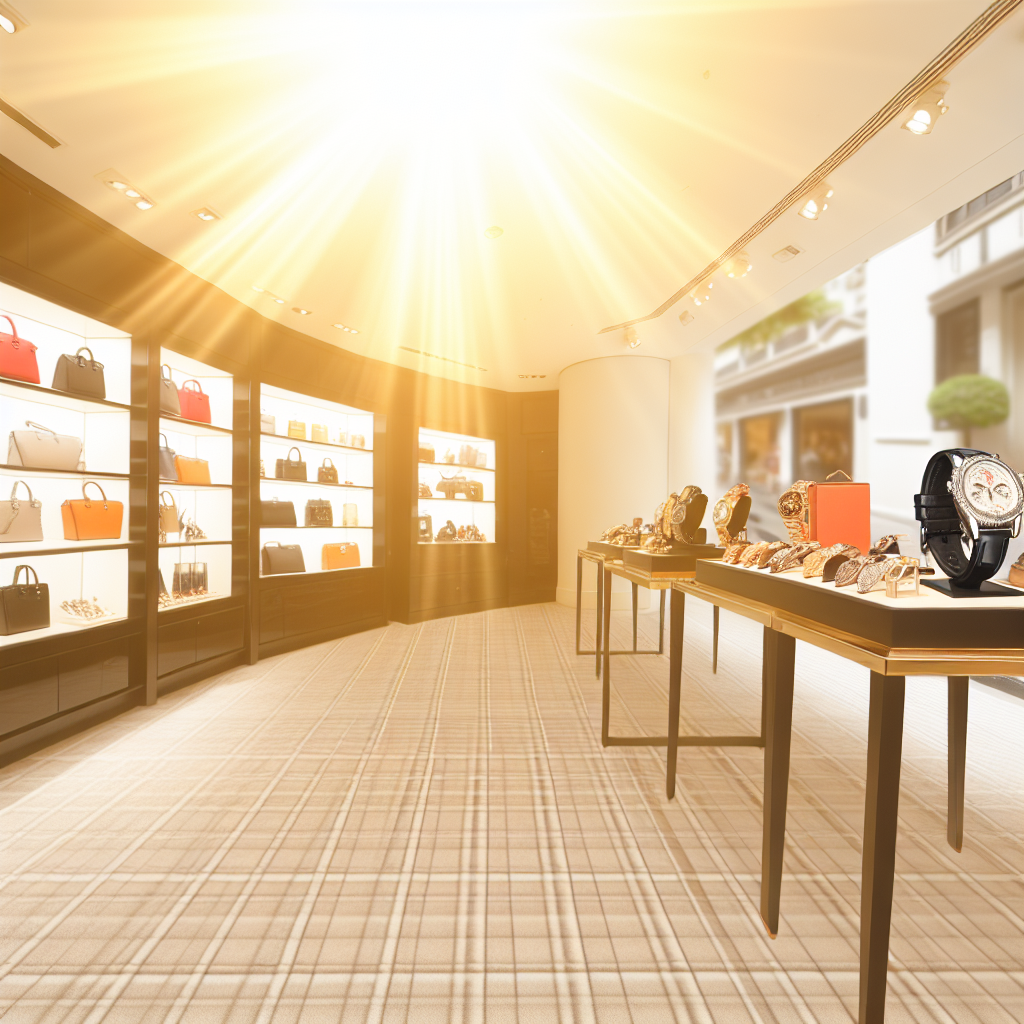Luxury brands are currently facing significant challenges amid a slowdown in consumer spending, particularly in key markets such as China. Kering, LVMH, and Hermès are preparing to release their second-quarter results, and analysts predict disappointing performances. LVMH may report a modest 3 percent growth, but this is a stark contrast to the high expectations set in recent years. Kering, known for Gucci, is expected to disclose a 9 percent drop in sales—a reflection of changing consumer priorities and economic headwinds.
China has been a pivotal market for luxury brands, historically driving much of their growth. However, a drastic shift has occurred, with retail sales growth hitting just 2 percent in June, marking the slowest rate since late 2022. This downturn can be attributed to a combination of economic decline and governmental pressure on affluent citizens to present a more modest lifestyle. The ramifications are clear: sales of luxury goods, such as watches from Richemont, have plummeted by as much as 27 percent.
In this climate, brands like Hermès continue to thrive, bolstered by their iconic products like the Birkin and Kelly bags, which remain highly sought after even in turbulent times. However, risk remains if even these ultra-high-end brands fail to meet market expectations.
As the world turns its attention to the upcoming Paris Olympics, luxury brands are keen to leverage this global platform. LVMH, in particular, has planned extensive marketing strategies that integrate its products into the games. This approach aims to enhance brand visibility and connect with consumers on a cultural level, raising questions about how effectively luxury brands can transition from exclusive indulgence to mainstream appeal.
As the luxury market navigates this delicate period of underconsumption, the outcomes of the upcoming earnings reports will be crucial in shaping strategies for recovery in the latter half of the year.












